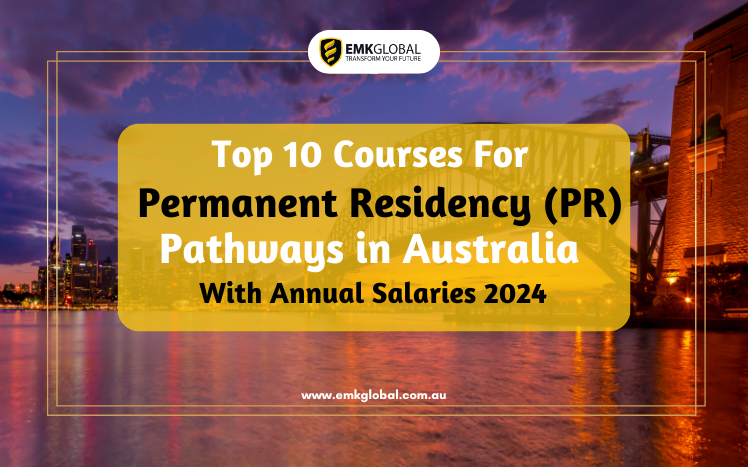If you are considering migrating to Australia through the General Skilled Migration visa streams, understanding the visa refusal or cancellation rates is crucial. Surprisingly, only 46.1% of the 89,063 visa applications for the General Skilled Migration stream in 2021–2022 were accepted by the Government. Before you worry, let’s explore the positive side – the Australian Government’s prioritization of General Skilled Migration.
Australian Government Prioritization of General Skilled Migration
The Australian Government has shifted its focus to the General Skilled Migration visa streams to address the skills shortage in the country. This shift opens doors for positive outcomes if you navigate the eligibility requirements and application process carefully. Professional assistance is crucial, as evident from our company’s success in obtaining seven visa grants within a month.
Understanding General Skilled Migration Visas
What is a General Skilled Migration Visa?
The General Skilled Migration program aims to attract skilled workers globally to address specific talent shortages in Australia. Divided into three categories – Skilled Independent visa (Subclass 189), Skilled Nominated visa (Subclass 190), and Skilled Work Regional visa (Subclass 491) – each category has unique requirements. Eligibility hinges on factors such as occupation listed in the Skilled Occupation List (SOL) and compliance with Short-term Skilled Occupation List (STSOL) or Medium and Long-term Strategic Skills List (MLTSSL).
Latest News on Skilled Occupation List
Changes in occupation conditions for certain visa streams will occur as of November 25, 2023, affecting the Employer Nomination Scheme (ENS) visa and the Regional Sponsored Migration Scheme (RSMS) visa. The nominated worker must continue working in the nominated occupation, listed in the Australian and New Zealand Standard Classification of Occupations (ANZSCO).
Requirements for General Skilled Migration
To be eligible for General Skilled Migration, candidates must meet age requirements, possess strong English language skills, have relevant work experience, and meet health and character standards. Additional points can be earned through a credentialed community language. With 39 skilled migration assessment authorities evaluating skills for 650 professions, the Australian Government is implementing new guidelines to maximize benefits for employers and immigrants.
Latest Updates on General Skilled Migration
The Department of Home Affairs Australia’s new migration strategy for 2024 emphasizes major reforms in eight key sections, including general skilled migration. Key elements include clear guidelines for labor agreements, prioritized visa processing for regional areas, streamlined citizenship for long-term New Zealand residents, and stricter student visa requirements.
Three Pathways for Temporary Skilled Migration System
The focus on General Skilled Migration aims to meet the skills shortage through three pathways: Specialist Skills Pathway, Core Skills Occupation List (CSOL) for the Core Skills Pathway, and Essential Skills Pathway. The government will regularly update the Core Skills Occupation List, ensuring new jobs are considered.













